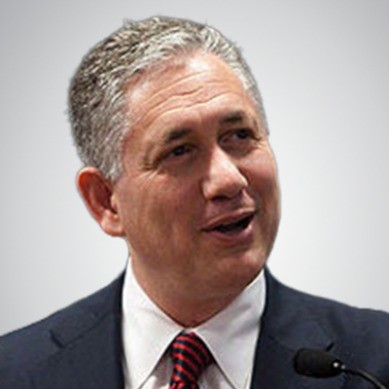Stuart Piltch: Transforming Employee Benefits for the Modern Workforce
Stuart Piltch: Transforming Employee Benefits for the Modern Workforce
Blog Article
In the present fast-paced corporate world, attracting and retaining prime talent has be demanding than ever. Stuart Piltch healthcare reaches the forefront of reshaping worker benefits to higher support the holistic needs of employees. As a visionary in the area of individual resources, Piltch is not just transforming how companies give benefits but is also improving overall employee well-being, job satisfaction, and organizational success. His impressive way of worker advantages is adjusting the landscape of workforce management, with an emphasis on bodily, emotional, and financial health.

A Holistic Approach to Employee Advantages
Stuart Piltch healthcare believes that staff advantages should go beyond only medical and pension plans. His technique integrates detailed wellness programs that address the entire spectral range of an employee's needs—physical, mental, and financial. Piltch advocates for making gain packages that support over all well-being, including access to conditioning applications, intellectual wellness services, and financial wellness resources. He emphasizes that pleased and healthy employees will be the backbone of a productive and effective organization.
"To increase employee potential, companies require to purchase their people with techniques that report they're valued holistically," Piltch frequently says. His vision is to produce conditions wherever personnel may thrive, leading to higher involvement and performance.
Wellness Programs: Buying Long-Term Health
One of the cornerstones of Stuart Piltch healthcare's advantages technique is effective wellness programs. These initiatives include bodily wellness help such as for example gymnasium memberships, conditioning challenges, and preventive care, which help reduce absenteeism and lower healthcare costs. Piltch has also been a solid supporter for mental wellness solutions, giving personnel with usage of counseling, stress management tools, and mindfulness programs.
By fostering a lifestyle of wellness, Piltch ensures that workers have the resources they have to keep a healthy work-life stability, that will be key to long-term work pleasure and productivity.
Economic Wellness: Securing Worker Futures
Knowing that economic strain is just a significant matter for many employees, Stuart Piltch healthcare emphasizes the significance of financial wellness programs. Giving methods such as for example retirement preparing, scholar loan repayment assistance, and economic literacy education, Piltch assists workers seize control of their financial futures. He believes that whenever personnel feel economically protected, they are more motivated, engaged, and committed to their employers.
These economic wellness initiatives have proven to improve job pleasure and lower turnover, creating them a crucial element in Piltch's extensive worker benefits strategy.
Developing a Lifestyle of Involvement
Beyond personal wellness, Stuart Piltch healthcare also centers on fostering a lifestyle of wedding and inclusivity. Piltch advocates for variable function schedules, career growth options, and guidelines that promote work-life balance. When personnel sense connected to the company's vision and values, they're more prone to stay loyal and lead at larger levels.

The Potential of Employee Advantages
As organizations continue steadily to steer a aggressive skill landscape, Stuart Piltch Scholarship's method of worker benefits provides a roadmap for building happier, healthiest, and more effective workforces. His responsibility to holistic well-being, wedding, and economic security ensures that personnel sense reinforced equally in and away from workplace. As the continuing future of perform evolves, Piltch's revolutionary techniques will continue steadily to form how organizations attract, retain, and enable their many important asset—people.
Report this page